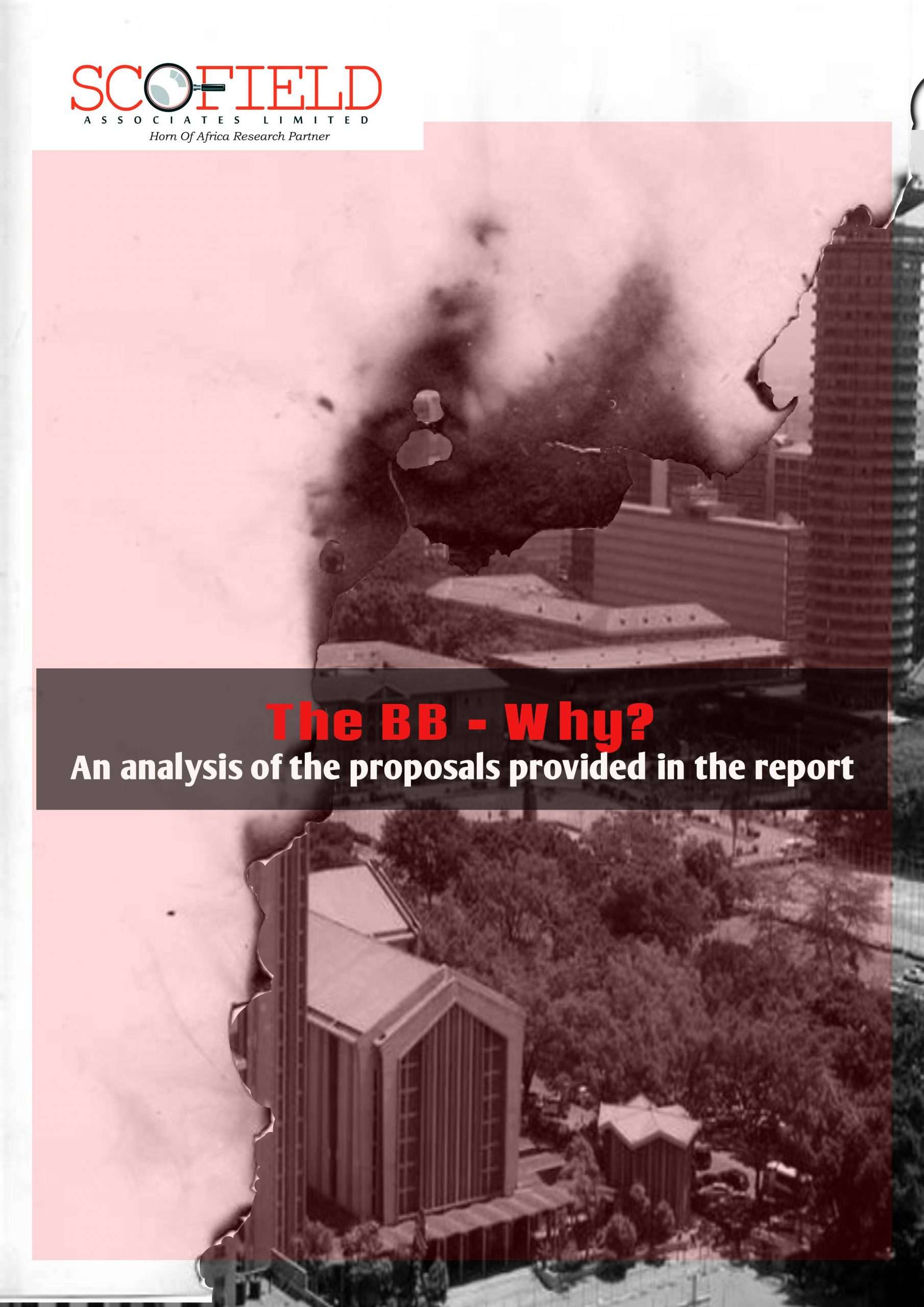
The BBI - Why?
Reports
January 11, 2021
The BBI is “a systematic institutionalization of political elitism to re-define equality, equity and representation.”
Summary
The discourse surrounding the Building Bridges Initiative (BBI) holds paramount importance for development investment in Kenya. It significantly influences various activities, initiatives, and programs that directly impact the Kenyan populace. The outcome of the forthcoming referendum will have a profound effect on how activities are executed, funding procedures are carried out, and citizen engagement is fostered. The findings within this report stand as both a source of motivation and a call to action, urging us all to proactively engage in educating the electorate about the propositions outlined in the BBI document and the subsequent consequences that will ensue.
At present, the sole constitutional amendment necessitating a referendum pertains to the introduction of the office of the prime minister, alongside two deputy prime ministers. However, these proposed additions lack sufficient justification. Their inclusion does not offer a resolution to the persistent issue of a “winner-takes-all” scenario. In fact, these positions could potentially exacerbate bureaucratic complexities within the government structure. The approach taken by the BBI, in this regard, seems to opt for an expansive form of democracy that does not align with the genuine interests of the common citizen, often referred to as “Wanjiku.”
In light of this, it is advisable for Kenyans to emphasize an efficiency-oriented democratization strategy, diverging from the expansive approach endorsed by the BBI report. The recommended integrative approach to democratization proves to be more effective, as it simultaneously enhances both the quantity and quality of participation. This approach underscores the importance of democratic reforms that encourage diverse forms of participation while simultaneously making policy decisions. In contrast, the expansionist strategies put forth by the BBI carry greater inherent risks.
Focusing solely on increasing the quantity of participation could potentially jeopardize other essential tenets of democracy, including individual and human rights. This approach may fail to provide the necessary mechanisms to ensure the desired level of quality participation that “Wanjiku” envisions. As a valued development partner and implementer, your role becomes pivotal in providing education to the electorate through your funding, programs, and initiatives. Failing to undertake this crucial responsibility could pose a substantial threat to the democratic fabric of the nation, a threat that may become entrenched in the forthcoming 2022 elections.
